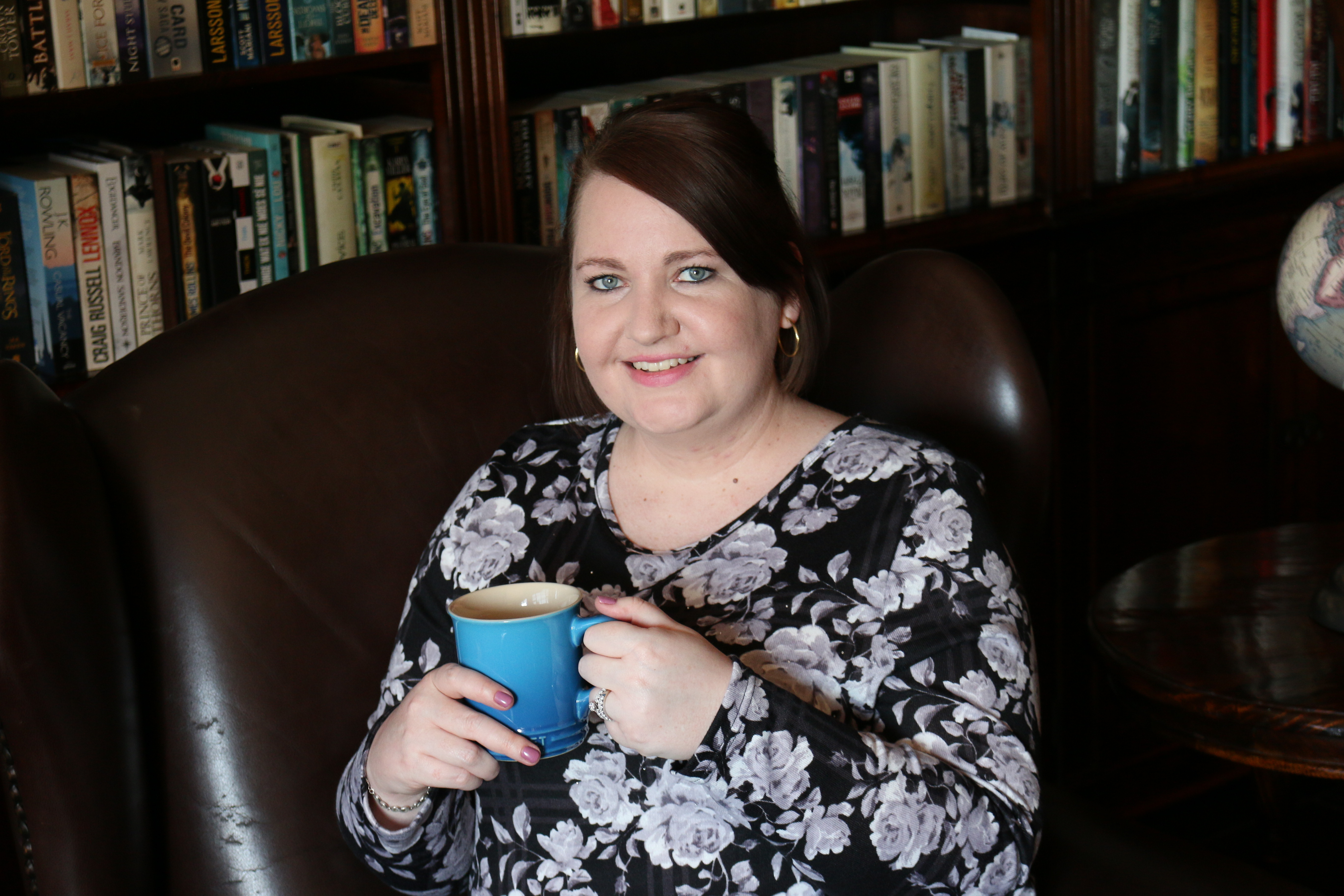Ready to sleep better tonight? Here are my Top 5 Tips for helping your little one sleep better!
The 4 month Sleep Regression

What is a sleep regression?
A sleep regression refers to a period of time when a baby, who previously slept well, suddenly starts experiencing disruptions in their sleep patterns. These disruptions can manifest as frequent night waking, difficulty falling asleep, and shorter naps. A sleep regression is a common occurrence in infants and usually happens around certain developmental milestones. It can be a challenging time for both babies and their parents, but understanding everything behind sleep regressions can help reduce some of the stress and confusion.
Common Types of Sleep Regressions in Babies
Sleep regressions can occur at various stages in a baby’s life, but the most common types are the 4-month, 6-month, 9-month, and 12-month regressions. Each regression is associated with different developmental changes and can cause distinct sleep challenges. While all regressions can be disruptive, the 4-month sleep regression is especially known for its impact on a baby’s sleep patterns and the stress it can cause for parents.
Understanding the Sleep Regression
During this regression, a major developmental milestone occurs – the maturation of the baby’s sleep cycles. Before four months, babies primarily experience two sleep cycles: active sleep and quiet sleep. However, at four months, their sleep cycles become more similar to those of adults, with alternating periods of light and deep sleep. This transition can disrupt their ability to self-soothe and cause frequent night wakings.
Additionally, around four months, babies become more aware of their surroundings and may develop separation anxiety. This newfound awareness can make it difficult for them to fall asleep or stay asleep without the help of sleep props, such as rocking, nursing, or using pacifiers. Identifying these factors can help parents implement strategies to support their baby during this regression.
Signs of the 4-month Sleep Regression
Recognizing the signs of the 4-month sleep regression can help parents understand what their baby is going through and provide appropriate support. Some common signs include:
- Increased night waking
- Shorter naps
- Fussiness
- Difficulty settling for sleep.
It’s important to note that these changes in sleep patterns are temporary and a normal part of a baby’s development. While it may be challenging for both the baby and the parents, understanding that it is a phase and how to deal with it can help parents manage it accordingly.
How long does the 4-month sleep regression last?
The duration of the 4-month sleep regression can vary from baby to baby. Some infants experience a few weeks of disrupted sleep, while others may go through it for a couple of months. On average, the regression lasts around 2 to 4 weeks. It’s important to remember that this is just an estimate, and every baby is different. Some babies may bounce back to their previous sleep patterns relatively quickly, while others may take longer to adjust. Patience and consistency are key during this period. Download my free sleep schedule for further guidance and support here.
Coping Strategies and Tips for Parents
The 4-month sleep regression can be a challenging time for parents, but there are strategies that can help you cope with the disruptions and support the baby’s sleep.

- Firstly, maintaining a consistent sleep routine can provide a sense of security and help the baby transition between sleep cycles more easily.
- Creating a calm and soothing sleep environment, such as using white noise or blackout curtains, can also promote better sleep. It’s important for parents to take care of their own sleep as well, by napping when the baby naps and seeking support from partners or family members.
- Make sure your baby is dressed according to the room temperature, so they are not too hot or cold. Download a Baby Dressing Guide here.
- Invest in a quality crib mattress. A comfortable and supportive mattress is essential for your baby’s sleep. Choose a mattress that is firm, breathable, and meets safety standards to ensure a safe sleep environment.
- Providing enough opportunities for daytime napping can help prevent overtiredness and make it easier for the baby to settle at night.
- Establishing consistent bedtime routines, such as a warm bath and reading a book, can signal to the baby that it’s time to wind down and prepare for sleep.
- Additionally, offering comfort and reassurance during night waking, without immediately resorting to feeding or picking up the baby, can help teach them self-soothing skills.
Common Sleep Props and Their Impact on a Sleep Regression
Sleep props are external aids or associations that babies rely on to fall asleep. While they may provide temporary comfort, excessive dependence on sleep props can hinder a baby’s ability to self-soothe and fall asleep independently. Identifying and gradually eliminating sleep props can greatly help in overcoming the 4-month sleep regression.
Common sleep props include rocking or nursing the baby to sleep, using pacifiers, or relying on specific sleep aids like mobiles. While these props may initially help a baby fall asleep, they can create a dependency that can disrupt their sleep when they wake up during the night.
It’s essential to gradually wean your baby off these sleep props, helping them learn how to self-soothe and fall asleep independently. This process can take time and patience, but it is a crucial step in breaking free from sleep props and establishing healthy sleep habits.
The 4 month sleep regression is a challenging yet normal phase in a baby’s sleep development. Understanding the science behind this regression can help parents navigate through the disruptions and provide appropriate support for their baby’s sleep.

I am a sleep consultant that can provide guidance and support tailored to your baby’s specific needs. I can help identify any underlying issues contributing to the sleep regression and offer strategies to address them. Remember, reaching out for help is not a sign of failure as a parent, but rather a proactive step towards creating healthy sleep habits so that you and your family can get the rest you need. Book a free Evaluation call with me here.


